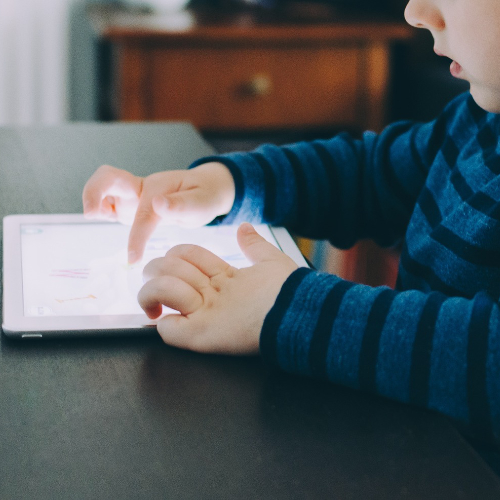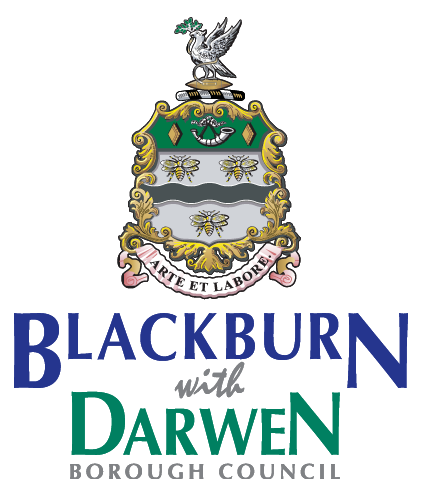Online Safety
The Covid 19 Pandemic has led to an unprecedented rise in screen time with families relying on the internet to stay connected to the outside world, to keep children learning and entertained, yet not all children (or adults) have the necessary skills and knowledge to use the internet in a safer way. Increased online access can heighten a young person’s vulnerability to online sexual harm (eg, grooming, exploitation) as well as online criminal exploitation (eg, money mule scams*) as predators look to exploit them during the pandemic. The likelihood of exposure to harmful online content and cyberbullying has also significantly increased.
The Engage Team has listed a range of resources below aimed at equipping professionals and parents with the skills and knowledge needed to promote a safer online experience. Some of these tools will help to generate conversations with children and young people about difficult topics and others will provide information and guidance around apps, social media, parental controls and how to report concerns.

The internet is a go to place for young people with questions about sex, bodies and relationships.
Brook have a range of resources that professionals can access and signpost young people towards to ensure that they are getting the right information.
Learn Brook
The Mix – Support service for young people with information and advice on sex and relationships.
https://www.themix.org.uk
Online dating and teens - Meeting and chatting to others online is a normal part of life for most teenagers, but using online dating services could put them at risk. Here, NCA-CEOP tells parents what they should know.
https://parentinfo.org/article/online-dating-and-teens
Online risks for LGBTQ+ young people
https://parentinfo.org/article/meeting-others-the-particular-challenges-for-lgbtq-children
Sexting and sending nudes – including how to report a sexual image or video.
Advice to help you understand the risks and support a child if they've been sending, sharing or receiving nude images.
https://www.nspcc.org.uk/keeping-children-safe/online-safety/sexting-sending-nudes/
Unsolicited nudes: advice for teens
Unsolicited nude image sharing is when people share unwanted nudes. Young people have told us that this can feel 'normal' because it happens a lot, but that definitely doesn't make it okay.
THINKUKNOW Advice
Keep them safe: an interactive CSE (child sexual exploitation) learning tool developed by PACE for parents and professionals.
https://paceuk.info/training/keep-them-safe/
What is a money mule scam? - Criminals are targeting young people through Snapchat and Instagram promising that they can make hundreds of pounds in minutes by becoming a money mule.
https://www.moneyadviceservice.org.uk/blog/money-mules-what-are-they-and-could-you-fall-victim
Online gaming risks – Murder Games (Breck Bednar).
These three short films tackle the issues around online grooming and safety and are aimed at Key Stage 3 and 4 students. Teacher and student notes accompany the clips which are designed to sensitively generate discussion about the events that led to the death of Breck Bednar.
https://www.bbc.co.uk/programmes/articles/45gYLBM5qwZdRmH0g4Z5TVV/murder-games-student-and-teacher-notes
CEOP/Think You Know have created this page to support parents during COVID-19 and the closure of schools. Each fortnight, they will be releasing new home activity packs with simple 15 minute activities you can do with your child to support their online safety at a time when they will spending more time online at home.
https://www.thinkuknow.co.uk/parents/support-tools/home-activity-worksheets
TikTok – Learn how to set privacy and safety settings on the TikTok social platform to help your child have a safer experience.
https://www.internetmatters.org/blog/2020/04/16/tik-tok-app-safety-what-parents-need-to-know/
Who knows more about the online world, parents or kids? Get the whole family together and take the O2 NSPCC Parents vs Kids quiz. You can play on an Amazon Echo, or on your mobile, desktop or tablet. See who knows the most about the online world, and learn a bit more about staying safe.
https://www.o2.co.uk/help/nspcc/parents-vs-kids
Ready for your child to have their first phone – read this first.
https://www.o2.co.uk/help/nspcc/my-childs-first-phone
NSPCC Net Aware - Look here for advice on social networks, apps and gaming. Really easy search facility with up to date info.
https://www.net-aware.org.uk/
For practical advice on privacy settings, parental controls and more there is also an online safety Advice Line 0808 800 5002
Government publication
Coronavirus (COVID-19): support for parents and carers to keep children safe online
https://www.gov.uk/government/publications/coronavirus-covid-19-keeping-children-safe-online/coronavirus-covid-19-support-for-parents-and-carers-to-keep-children-safe-online
Online family agreement template – have a family meeting, get some rules negotiated then document it on this handy sheet.
https://static-www.o2.co.uk/sites/default/files/2020-01/O2_NSPCC_Family_Agreement_Template_v4.pdf
Online safety advice broken down into age ranges.
https://www.internetmatters.org/advice/
Online safety advice from NSPCC
https://www.nspcc.org.uk/keeping-children-safe/online-safety/
Internet Matters – A useful tool showing how to set parental controls across a range of devices and websites.
http://www.internetmatters.org/parental-controls/interactive-guide/
Parent Info – Expert information for parents about building their child’s resilience both online and off. Produced by NCA-CEOP and Parent Zone. This free service can be embedded on to your child’s school website
https://parentinfo.org
Young people can report a concern about online grooming or sexual abuse to CEOP at www.ceop.police.uk/safety-centre/ and get support from a specialist Child Protection Advisor.
Guidance on how to capture and report intel/information for families and professionals.
https://www.csepoliceandprevention.org.uk/sites/default/files/Guidance%20Cap%20Intel%20Toolkit.pdf
Video chat during isolation: new for parents and carers
Two new Parent Info articles look at some of the things parents and carers should think about to make sure their child's experience of video chat is safe and fun
Lucy Faithful Foundation
The Parents Protect! website has plenty of information and resources on how to keep children safe from sexual abuse, including our family safety plan and SMART rules for - parents and carers to share with children and each other.
https://www.parentsprotect.co.uk/
Their confidential Stop It Now! helpline is available to anyone with questions or concerns about child sexual abuse prevention, including parents and professionals – call 0808 1000 900 (9am-9pm Monday-Thursday, 9am-5pm Friday).
Cerebra provides an internet safety guide for parents with children who have learning disabilities and Autism. This contains information around grooming and online criminality, as well as links to support around helping children think about what is, or is not ok in their digital relationships.
Learning Disabilities, Autism and Internet Safety - Cerebra
Think You Know - an animation for children with learning difficulties about staying safe online
Mild to moderate learning difficulties
Think You Know - an animation for children with learning difficulties about staying safe online
Moderate to severe learning difficulties
To end on a positive we have included a link to 9 ways the internet can be good for children and young people.
https://parentinfo.org/article/9-ways-the-internet-can-be-good-for-your-children
Guidance and research
Want to know more about how you can
get involved with the Youth Forum?



